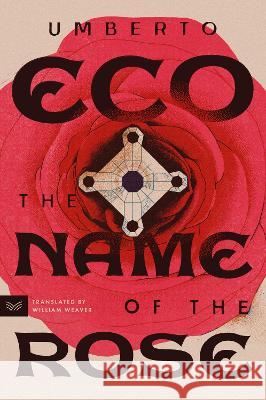Name of the Rose » książka
topmenu
Name of the Rose
ISBN-13: 9780063279636 / Angielski / Miękka / 2023 / 608 str.
Name of the Rose
ISBN-13: 9780063279636 / Angielski / Miękka / 2023 / 608 str.
cena 75,98
(netto: 72,36 VAT: 5%)
Najniższa cena z 30 dni: 74,93
(netto: 72,36 VAT: 5%)
Najniższa cena z 30 dni: 74,93
Termin realizacji zamówienia:
ok. 16-18 dni roboczych.
ok. 16-18 dni roboczych.
Darmowa dostawa!
Kategorie:
Kategorie BISAC:
Wydawca:
Harpervia
Język:
Angielski
ISBN-13:
9780063279636
Rok wydania:
2023
Dostępne języki:
Ilość stron:
608
Oprawa:
Miękka
Dodatkowe informacje:
Bibliografia











